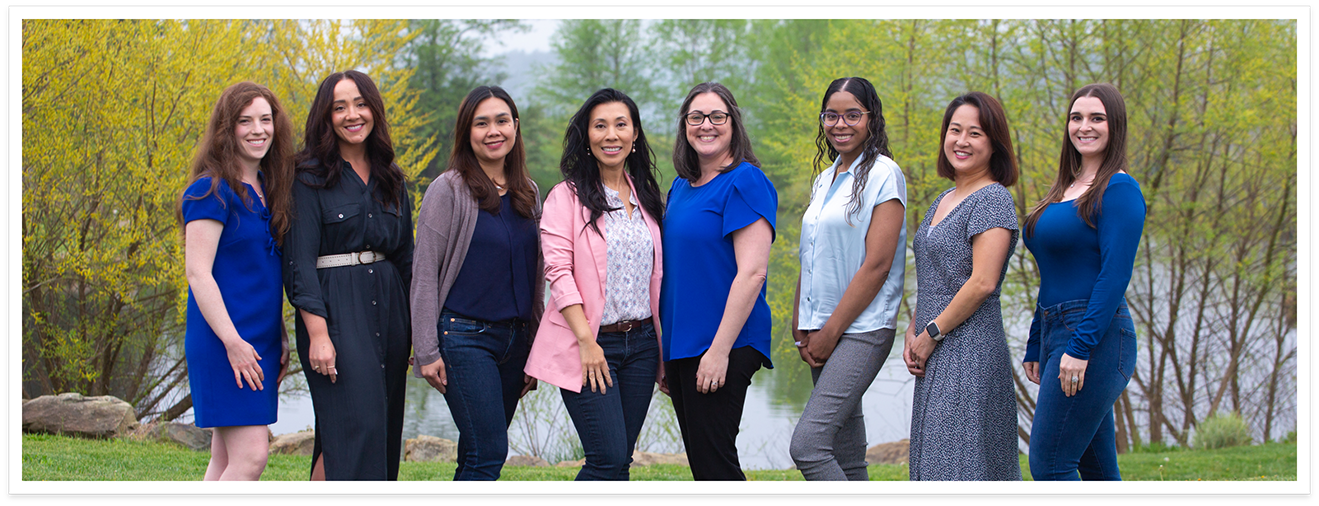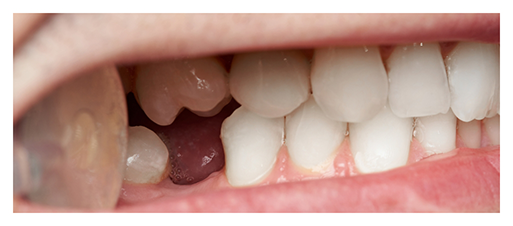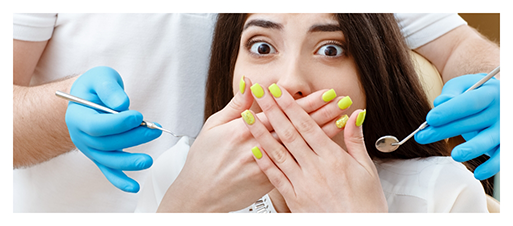Dental Services Leesburg
Making Leesburg Smiles Healthy and Beautiful

At Downtown Family Dental of Leesburg, we are happy to offer patients of all ages the highest standard of personalized dental care in a gentle, efficient, and professional manner. Whether you need a simple checkup or a complete smile reconstruction, our wide variety of dental services for Leesburg, VA dentistry patients can treat all sorts of issues thoroughly and comfortably, eliminating the need for specialists in most cases. If you and your loved ones are ready to find a new dental home in Leesburg, give our friendly team a call!
Services
Select a Service Below to Learn More
I Need a Checkup or Cleaning I am Worried About Gum Disease I Need a Dentist for My Child I Have a Cavity or Broken Tooth I am Missing One or More Teeth I Want to Enhance My Smile I Want to Straighten My Teeth I Am Scared of the Dentist I Have a Dental Emergency I Have Sleep Apnea or Snore I Have Jaw Pain & Headaches














